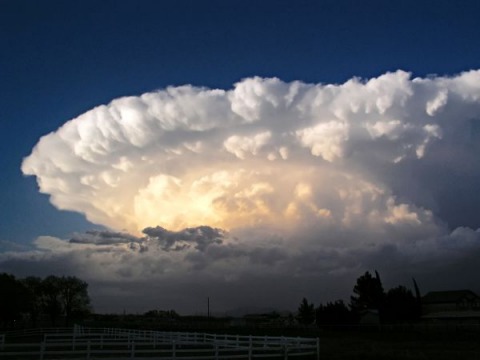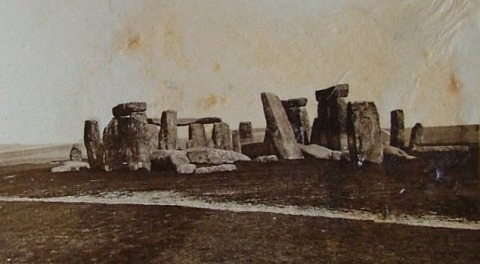
Picking up the thread from Saturday’s post and concluding the eight-part series

Picking up the thread from Saturday’s post and concluding the eight-part series

Although Mondays are normally reserved for lightly edited questions from students, today I’m fudging a little. This is a question from a teacher about what his student had said.
Query:
“The mystery genre is moral in itself, for in it that which was hidden is made plain, justice is achieved, and events often turn on a simple dispensation of grace.”



Yet another wavelength in which supernature illuminates the natural realities is narrative: We learn more about natural law by thinking about the story.

Picking up the thread from Saturday’s post:

Mondays are reserved for letters from students.
Dear Professor Theophilus,


The first supernatural light upon nature is the light of precept: God commands or forbids something that the mind itself can recognize as right or wrong. Telling us what we already know or could have known may seem superfluous. Yet, as equatorial sunlight prickles the skin, so revelation prickles the mind and wakes it up, and it does this in several different ways.